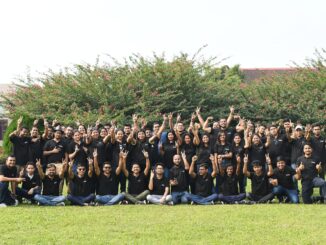
New Delhi, 06 August 2020: Datacultr, a one-of-its-kind platform that allows consumer lending companies to reduce risk on ‘New-to credit-Customers’ has enhanced and strengthened its technology on its key solutions – predictive fraud management and collection digitization. The new features include dynamic behavioural templates, that are built to help financial institutions effectively manage customer life-cycles, that bring in greater efficiencies to their loan collection processes, especially in the current environment.
COVID-19 has led to a huge disruption in economic activity and rendered many people jobless. In this scenario, financial institutions have a new challenge, i.e, collection/recovery of the loan amount. Identifying this challenge well in time, Datacultr has strengthened its AI and ML capabilities to help financial institutions make smarter decisions and increase collection efficiency.
Commenting on the same, Neel Juriasingani, CEO and Co-founder, Datacultr said- “The past few months have been challenging for the world. As the new normal calls for contact-less customer engagement, lenders are rethinking their operations and processes. Several traditional lending companies including banks are looking to ramp up their collection processes and are becoming more receptive to technology. We have seen heightened interest for our platform from lenders extending all sorts of loans. We are jointly exploring how they can integrate and use our platform in a bid to avoid bad-loan build up in current times.”
“In the past, we have helped financial institutions to reduce the costs involved in the collection process while also reducing their NPAs”, he further added.
For its unique capabilities and ability to affect bottom-line results, Datacultr has been trusted by some of India’s largest consumer lending companies to optimise and standardise their debt collection activities. The company is playing a vital role in enhancing Lender’s Collections processes, including data-driven customer journeys that ensure effective experiences are built on the basis of customer segments, attitudes, Credit Scores, financial literacy or payments history.



